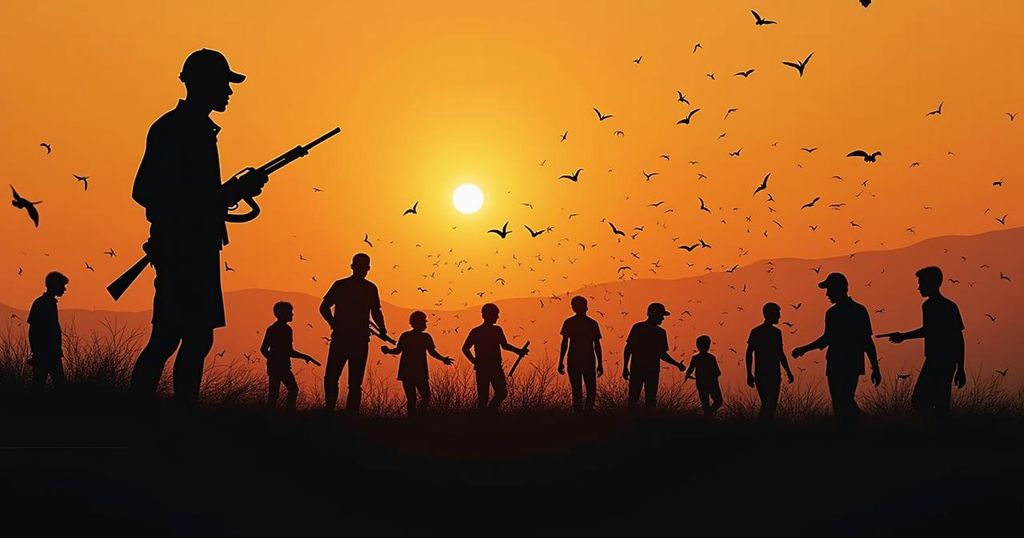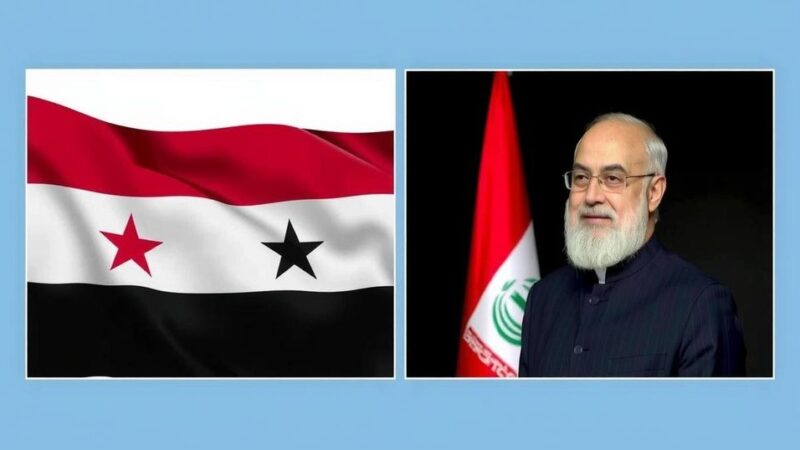The UN Human Rights Council voted to extend its investigation into alleged rights abuses in Sudan despite opposition from the Sudanese government. The renewal was approved by 23 member states, while 12 voted against it, and 12 abstained. Sudan’s ambassador criticized the resolution, claiming it was unjust. The ongoing war in Sudan involves conflict between the national army and the RSF.
On Wednesday, the United Nations Human Rights Council opted to extend its investigation into alleged human rights violations occurring amidst the ongoing conflict in Sudan, despite objections from the Sudanese government. In a decisive vote, 23 out of the 47 member states supported the continued investigation, with 12 opposing and another 12 abstaining. This independent international fact-finding mission was originally set up in October of the previous year to scrutinize reported breaches of human rights and international humanitarian law within the context of the Sudanese conflict. The resolution to renew the mandate was introduced by the United Kingdom and several allied nations. Sudan’s ambassador, Hassan Hamid Hassan, vocally condemned the resolution, stating, “The draft resolution is unjust, unfair. How can a resolution adopted by this council use this unjust approach that equates a national army fulfilling its role… with a rebellious militia? This is an erroneous approach and Sudan totally rejects the content of this resolution.” Voting in favor of the resolution were Argentina, Brazil, France, Germany, Japan, South Africa, and the United States, among others. Conversely, the nations that opposed the motion included China, Cuba, Eritrea, Indonesia, Morocco, Qatar, and Sudan itself. Algeria, Bangladesh, India, and Malaysia chose to abstain from voting. The fact-finding mission is led by Mohamed Chande Othman, who previously served as the Chief Justice of Tanzania, alongside Joy Ezeilo, a distinguished law academic from Nigeria, and Mona Rishmawi, a former UN independent expert on human rights in Somalia, currently representing both Jordan and Switzerland. The conflict in Sudan has escalated since April 2023, primarily involving hostilities between the national army, under the command of de facto leader Abdel Fattah al-Burhan, and the paramilitary Rapid Support Forces (RSF), headed by former deputy Mohamed Hamdan Daglo.
The UN Human Rights Council plays a critical role in addressing rights violations around the world. The Council’s decision to extend the investigation into Sudan follows a substantial outcry regarding the conduct of armed forces and paramilitary groups during the ongoing civil strife. The context for this investigation stems from a significant escalation in violence and a longing for accountability and justice in the face of alleged human rights abuses. The importance of multinational support, as evidenced by the diverse range of countries voting for the resolution, highlights the global commitment to human rights and the rule of law.
In summary, the UN Human Rights Council’s decision to continue its probe into alleged human rights abuses in Sudan reflects an international effort to uphold human rights amidst ongoing conflicts. Despite resistance from the Sudanese government, the majority of member states recognize the necessity of this investigation to address serious violations and promote accountability. With a mission composed of notable figures in human rights law, the global community remains vigilant in its support for those affected by the violence in Sudan.
Original Source: jordantimes.com







